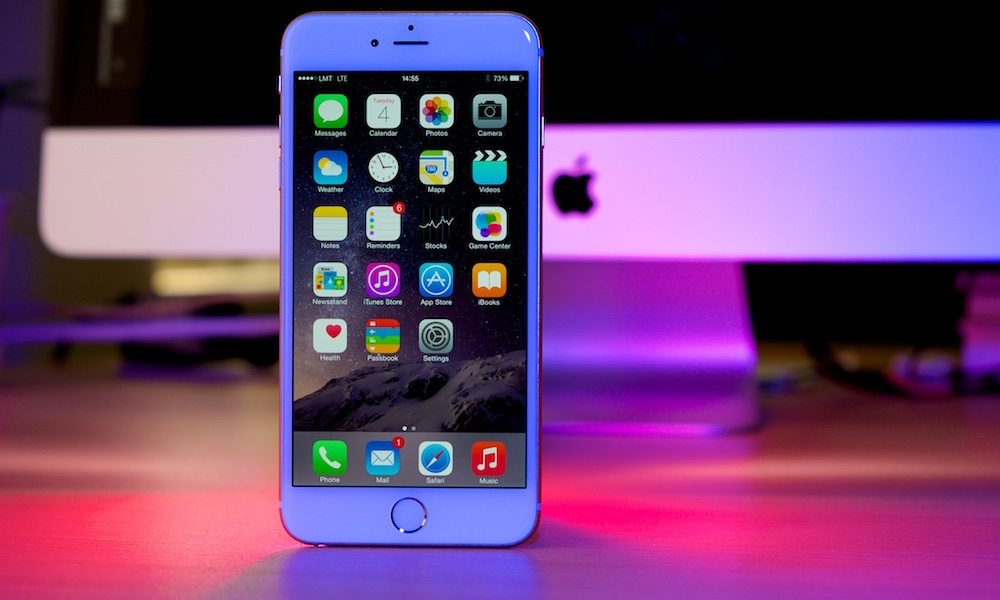Apple Has Blocked CIA’s Ability to Spy Through iPhones

Toggle Dark Mode
Indicating that it’s constantly working to identify and address any iOS vulnerabilities, Apple on Wednesday sought to appease its customers’ concerns about the safety and privacy of their data in light of WikiLeaks’ document dump on Tuesday morning. The company, however, was adamant in its stance that many of the vulnerabilities exposed in the massive document dump have “already been patched.”
“Apple is deeply committed to safeguarding our customers’ privacy and security. The technology built into today’s iPhone represents the best data security available to consumers, and we’re constantly working to keep it that way,” the company said in a brief statement that was issued courtesy of BuzzFeed News’ John Paczkowski. “While our initial analysts indicates many of the issues leaked today were already patched in the latest iOS, we will continue to work rapidly to address any identified vulnerabilities.”
For those who haven’t been following the news lately: WikiLeaks on Tuesday morning dumped a massive trove of files and documents — dubbed “Year Zero” from ‘Vault 7’ — in what is believed to be the anti-secrecy organization’s largest data dump to date. As such, the info is loaded to the brim with over 8,761 files and documents that were apparently obtained from defects within the United States’ Central Intelligence Agency, and principally reveal the whole kit and caboodle of the CIA’s vast and far-reaching hacking capacities.
Along with a host of malware and viruses that the CIA uses to transform iPhones, iPads, and a litany of other mobile devices — including Samsung Smart TVs — into covert spying tools, the massive document dump included information on some of the agency’s most secretive hacking practices, including vulnerabilities in iOS, Android, and Windows software that the CIA has managed to keep under wraps… until now, of course.
Among those vulnerabilities were at least 14 related to iOS — all of which could open Cupertino’s mobile operating system up to a bevy of “weaponized attacks.” Apple, however, sought to reassure customers that it continues to treat the privacy and security of their data with the utmost seriousness and confidentiality. Moreover, some experts have even chimed in suggesting that the document dump is somewhat over-hyped, altogether; and that those running the most recent version of iOS (v10.2.1) have no real reason for concern at all.
Quite frankly, the biggest lesson we can learn from Tuesday’s mega-dump is to always ensure that, if possible, our iPhone, iPad, or iPod Touch is running the latest version of iOS, since Apple works constantly to patch any issues and vulnerabilities with each successive software update.
Do you always run the latest version of iOS?
Let us know in the comments.






